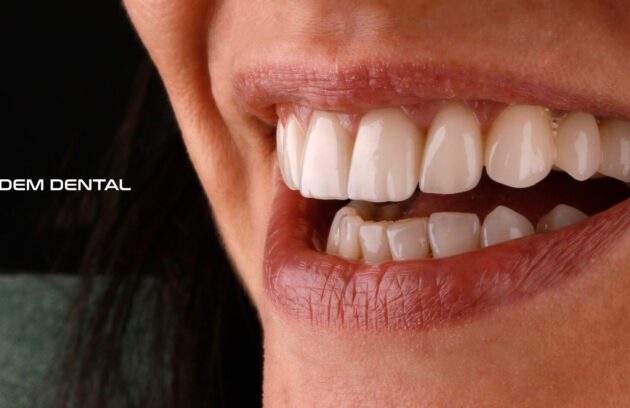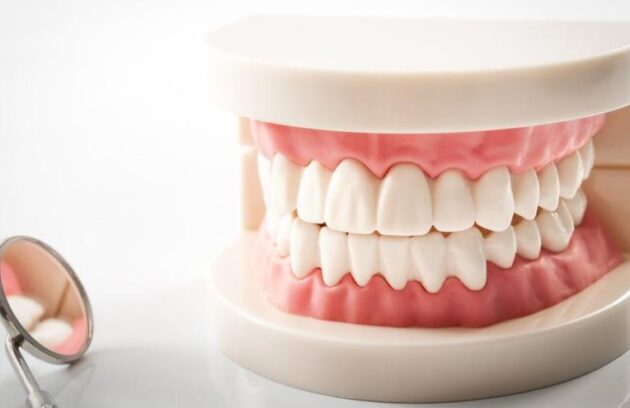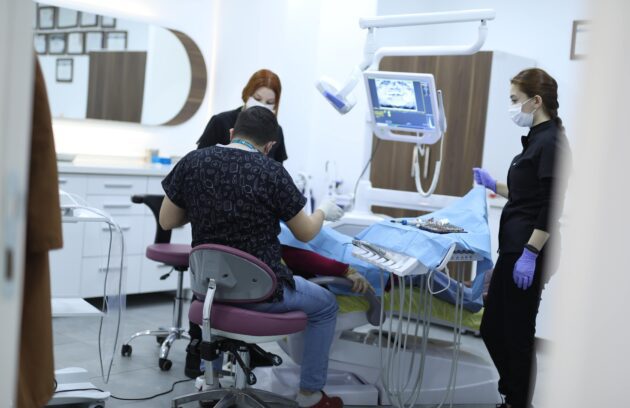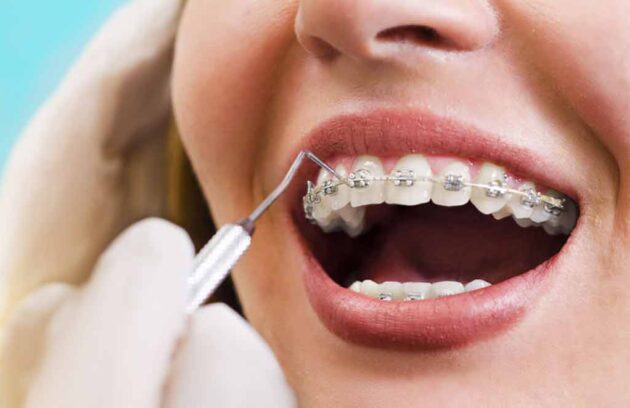When tooth extraction is performed, complete anesthesia must be achieved at the extraction site. In the presence of acute inflammation, complete anesthesia cannot be achieved because the distribution of the anesthetic substance will be difficult in the tissue. In addition, after tooth extraction, the vessels open into the oral environment, which cannot be completely sterile, and fuse with saliva. In such a situation, the existing acute inflammation can interact with blood elements and spread throughout the body from the extraction site, which is adjacent to very important vascular nerve bundles in the head and neck region.
Another reason for the use of antibiotics before and after tooth extraction is the patient’s systemic condition and medications.
Infective endocarditis is the most important complication that can occur with bacteremia (distribution of bacteria into the body through the blood) that occurs during various dental procedures. Infective endocarditis is an infection of the inner lining, valves or vessels of the heart and is an important life-threatening disease. If treated in a timely manner, there is a 100% chance of recovery from a first episode of endocarditis, whereas the risk of death is high in cases diagnosed late. Even today, despite the development of advanced antimicrobial therapies, the mortality rate when this infection occurs remains significant.
Given such risks, tooth extractions should be postponed in the presence of acute inflammation. A prophylactic prescription should be prescribed to help dissipate the acute inflammation and eliminate the risk of infectious endocarditis. Not all people with acute inflammation at the extraction site will develop such complications. The important thing is to know the diseases that are in the high risk group for the development of the condition we call infective endocarditis and to take precautions. For example, patients with prosthetic heart valves or children with heart disease should definitely take antibiotics before any bleeding dental procedure, whether or not they have acute inflammation.
When you consult your doctor for any dental treatment, filling in the information form about your general health will be enough for your dentist to take the necessary precautions for the smallest possible complication.














